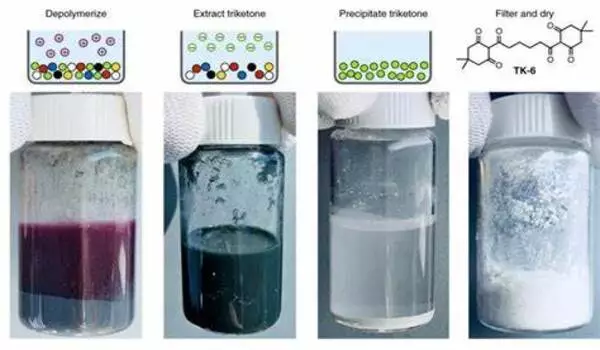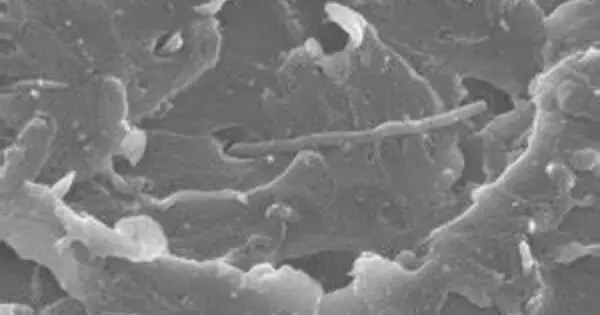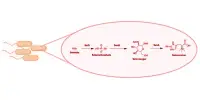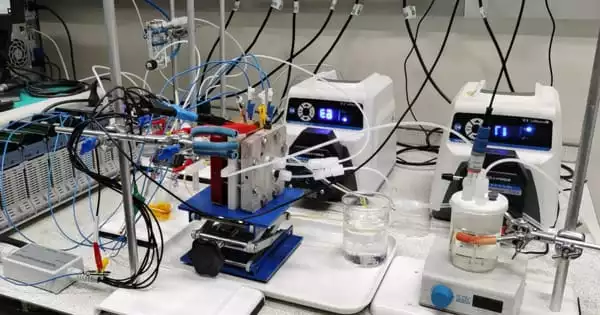A group of UK scientists has taken a step toward making several different types of plastic much easier to recycle by developing a process that might be used to a wide range of difficult-to-recycle polymers such as rubbers, gels, and adhesives.
Thermoplastics and thermosets are two forms of plastics that are both made up of long chains of molecules known as polymers but have different properties when heated. Thermoplastics may be heated to high temperatures, poured into a mold, then chilled to shape. When recycled, they can be melted and molded into new shapes, but they can break when stretched or pressured.
The polymer chains in thermoset plastics, on the other hand, are crosslinked to form a network, which makes them extremely strong and flexible. They are frequently used in composites, paints, varnishes, rubbers, and gels. Unfortunately, the crosslinks cause the materials to burn rather than melt when heated, making them far more difficult to break down and recycle.
Researchers at the Universities of Bath and Surrey have devised a method for inserting degradable links into thermoset polymers to make them more recyclable.
Thermosets are used widely in the commercial sector, in materials like resins and adhesives. Being able to make bonds reversible in these materials will increase their applications as well as making them more recyclable.
Dr Maciek Kope
They created a series of polymer gels with breakable bonds introduced into different regions of the structure and evaluated if the properties altered when the gel was degraded and reconstituted in Polymer Chemistry.
They found that whilst all the gels could be degraded to some extent, gels with breakable bonds in the polymer chains (B in the attached diagram) retained their properties much better when reformed, compared with the polymers that were broken down via the cross-linked bonds (A).
The researchers hope this model system can be applied to other types of polymers, including adhesives, sealants and elastomers.

Dr Maciek Kope from the University of Bath’s Department of Chemistry, said: “Thermosets are used widely in the commercial sector, in materials like resins and adhesives. Being able to make bonds reversible in these materials will increase their applications as well as making them more recyclable.”
The researchers hope to develop a general road map of the optimum sites for these breakable connections, better understand why some bonds break more quickly than others, and optimize the system using additional commercially available polymers.
Other applications of the study are being considered by the researchers, including the use of crosslinked polymers as vehicles for controlled drug delivery systems.
















